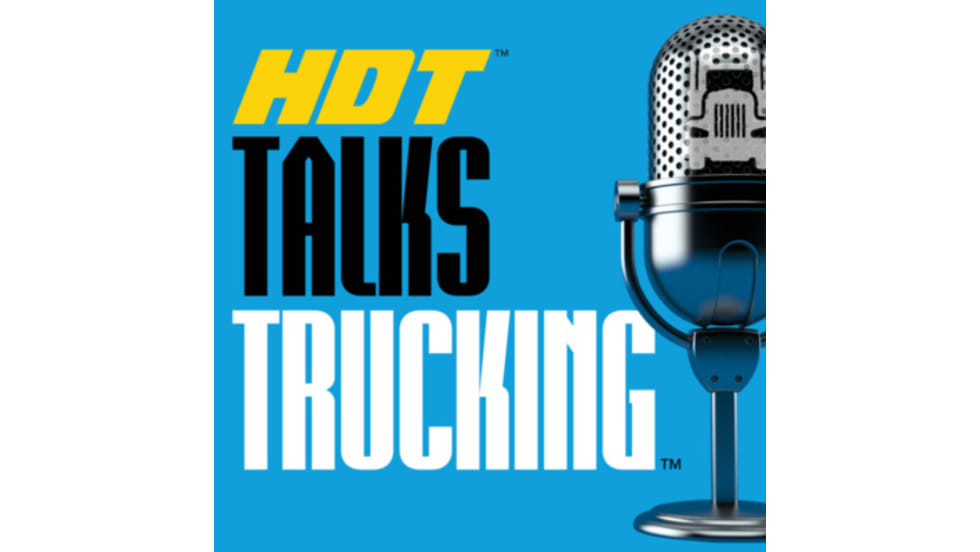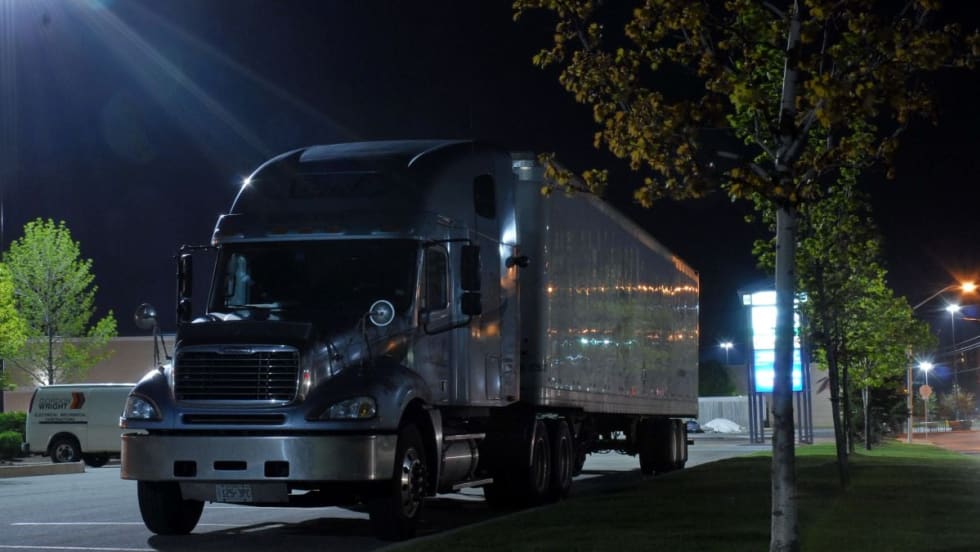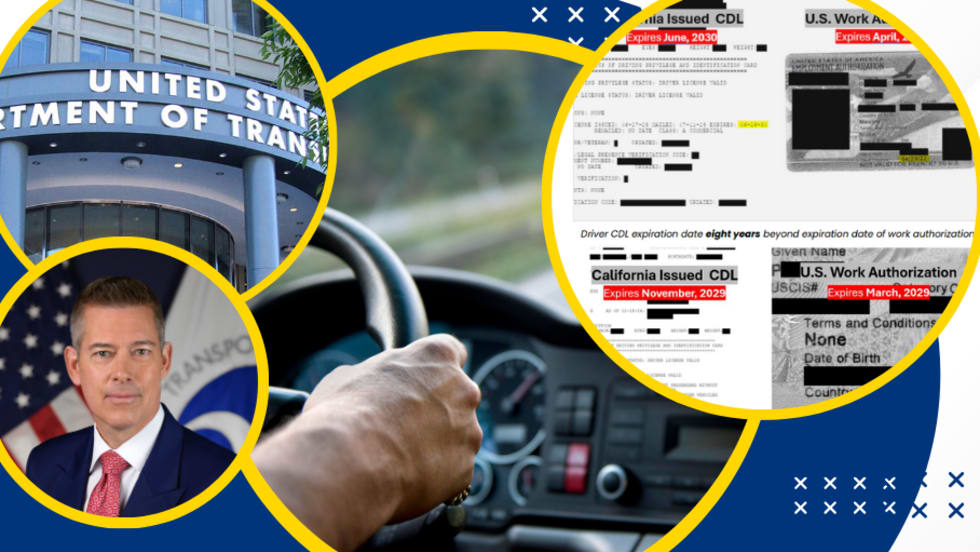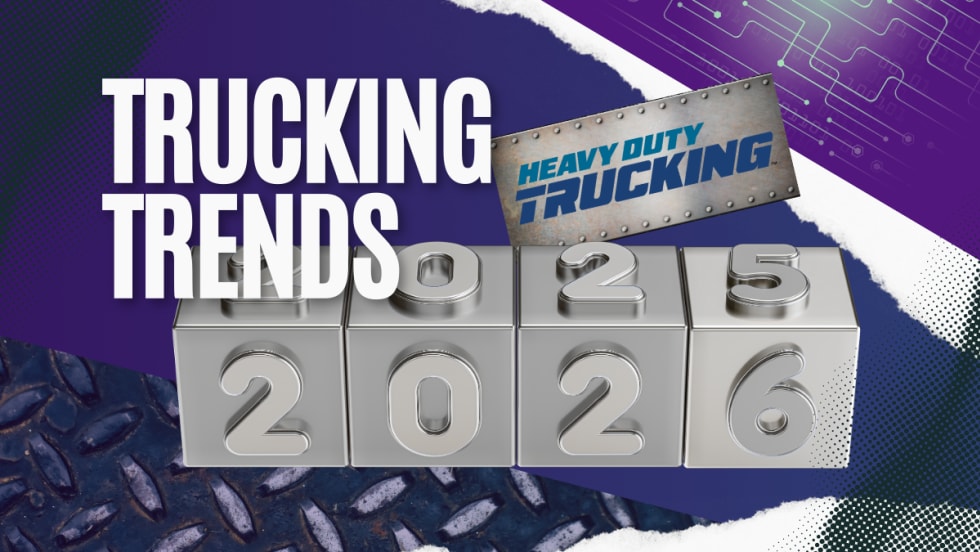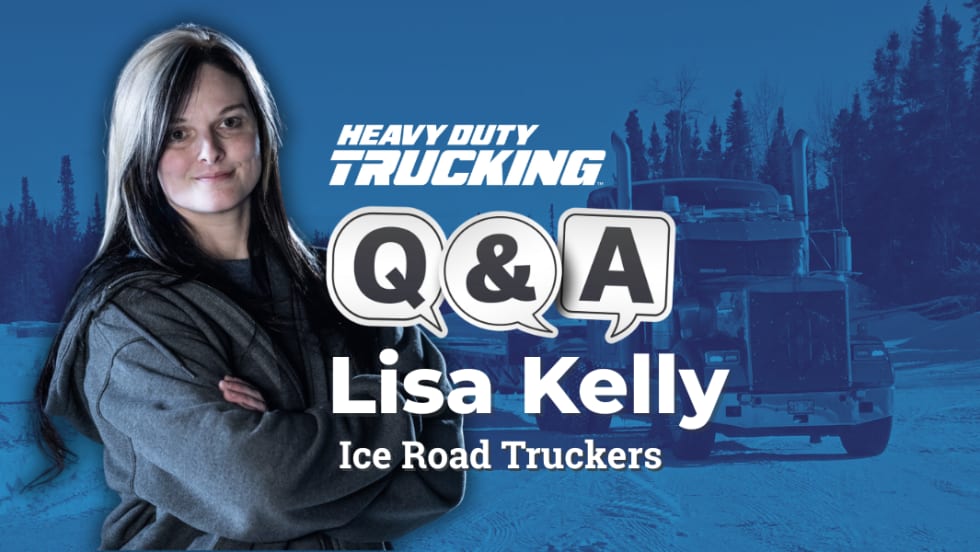Nearly half of states have legalized marijuana. Drivers and motor carriers are equally frustrated with current drug testing limitations.
Despite a rapid rise in marijuana legalization at the state level, U.S. DOT drug-testing policy has largely remained unchanged. And that likely is forcing good truck drivers out of the industry.
Drivers and motor carriers are equally frustrated with current drug testing limitations, according to the American Transportation Research Institute in its new report, Impacts of Marijuana Legalization on the Trucking Industry.
ATRI points out that nearly half of U.S. states, 23, now have laws legalizing recreational marijuana. Half of the general population — and 41% of truck drivers — live in these states.
But the federal government lists marijuana as a prohibited Schedule I drug, in the same category as heroin and LSD.
THC, the component in marijuana that causes a “high,” can stay in the system for weeks, appearing in drug tests while no longer causing impairment. While the test weeds out marijuana users who would drive impaired, it also disqualifies drivers who use marijuana but would never drive impaired. And that is a concern for an industry that is always looking for drivers.
Truck Drivers Leaving Industry After Positive Marijuana Tests
According to data from the federal Drug and Alcohol Clearinghouse, in 2020-2022:
57% of positive findings for drugs were for marijuana.
73% of drivers with positive test results were still in prohibited status at the beginning of 2023, and 55% had not initiated the return-to-duty process.
Fewer than 5% of drivers with positive tests completed follow-up testing for RTD.
In short, truck drivers are more likely to leave the industry altogether than complete the return-to-duty process after failing a DOT drug test.
In a 2019 first-person article for HDT, a driver who went through the return-to-duty process described online trucking forums where drivers called failed drug tests a career nightmare. “Just find another career,” one driver said. “No one will ever hire you again.”
ATRI’s research seems to bear this out. Even for drivers who have gone through the return-to-duty process, its survey indicates it may be a challenge finding a job.
When carriers were asked if a prior positive marijuana test at any time in the past automatically disqualifies a driver from employment at their company, the majority (56%) indicated a willingness to hire a driver with a prior positive drug test. However, that means 44% would not even consider truck drivers with a past positive test.
Even of those who would consider it, more than half indicated that a specific time period must pass first, most commonly five years.
Solutions are a Big Question
There aren’t any easy answers here. Obviously no one wants truck drivers to operate an 80,000-pound rig while impaired by any substance.
A logical fix would be for laws to treat marijuana as we do alcohol — legal to use on your own time, but illegal to drive while impaired. This is true for the DOT drug and alcohol testing rules, as well. If a driver wants to have a couple of beers over the weekend, it's fine for him to get in his truck Monday morning. Why, ask marijuana advocates, can't cannabis be treated the same way?
The problem is enforcement. How do you know if a driver is impaired? The field-sobriety tests and blood tests that are used for determining legal alcohol impairment don’t work well for THC.
Motor carriers could take a closer look at their employment policies and consider hiring drivers who have gone through the RTD process after testing positive for marijuana, but of course there are liability and insurance issues to consider.
More research needs to be done into how to determine impaired driving following marijuana use. That could pave the way for federal legalization or regulatory changes that would remove marijuana from the Class 1 drug list.
The good news is, new laws are making it easier to research the effects of marijuana use. And the 2021 Infrastructure Investment and Jobs Act calls for the DOT to produce a report about scientific research and research barriers related to marijuana impairment while operating a vehicle.
Of course, the federal government usually moves at a snail’s pace when it comes to creating or changing regulations. I wouldn’t be surprised if marijuana was legal in nearly all states by the time we see substantive changes in DOT drug-testing rules.
A version of this editorial appears in the June print issue of Heavy Duty Trucking.
Dig Deeper with HDT's 2019 Series, Trucking Under the Influence.




![It's Time to Address Outdated Marijuana Laws [Commentary]](https://assets.bobitstudios.com/image/upload/f_auto,q_auto,dpr_auto,c_limit,w_920/column-header-marijuana_1768073481359_tdwmom.png)

